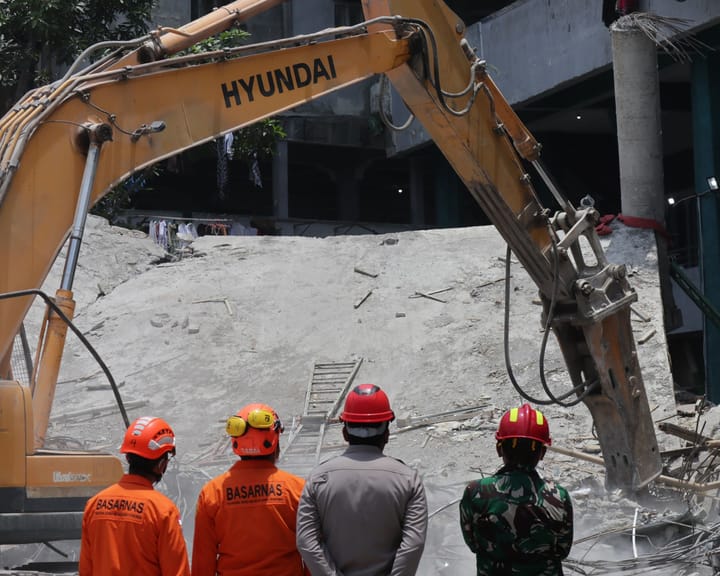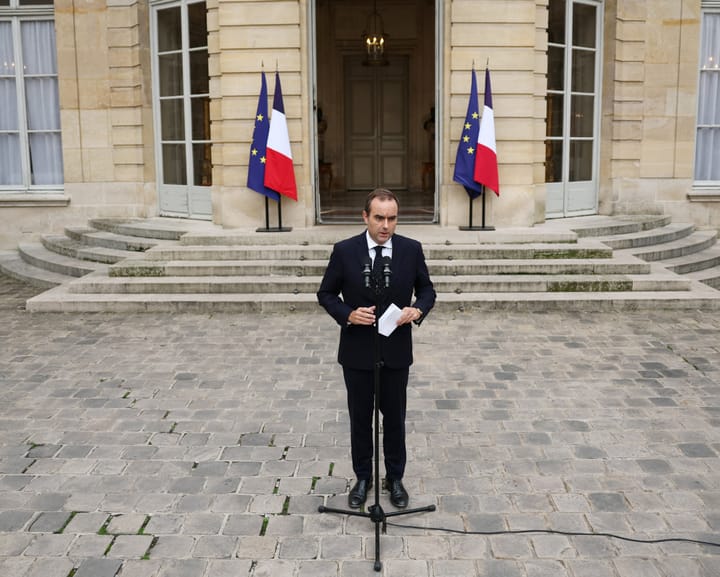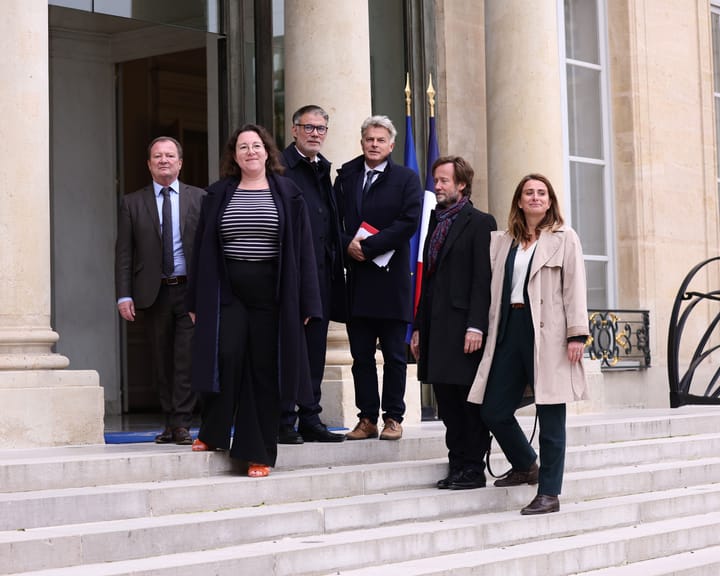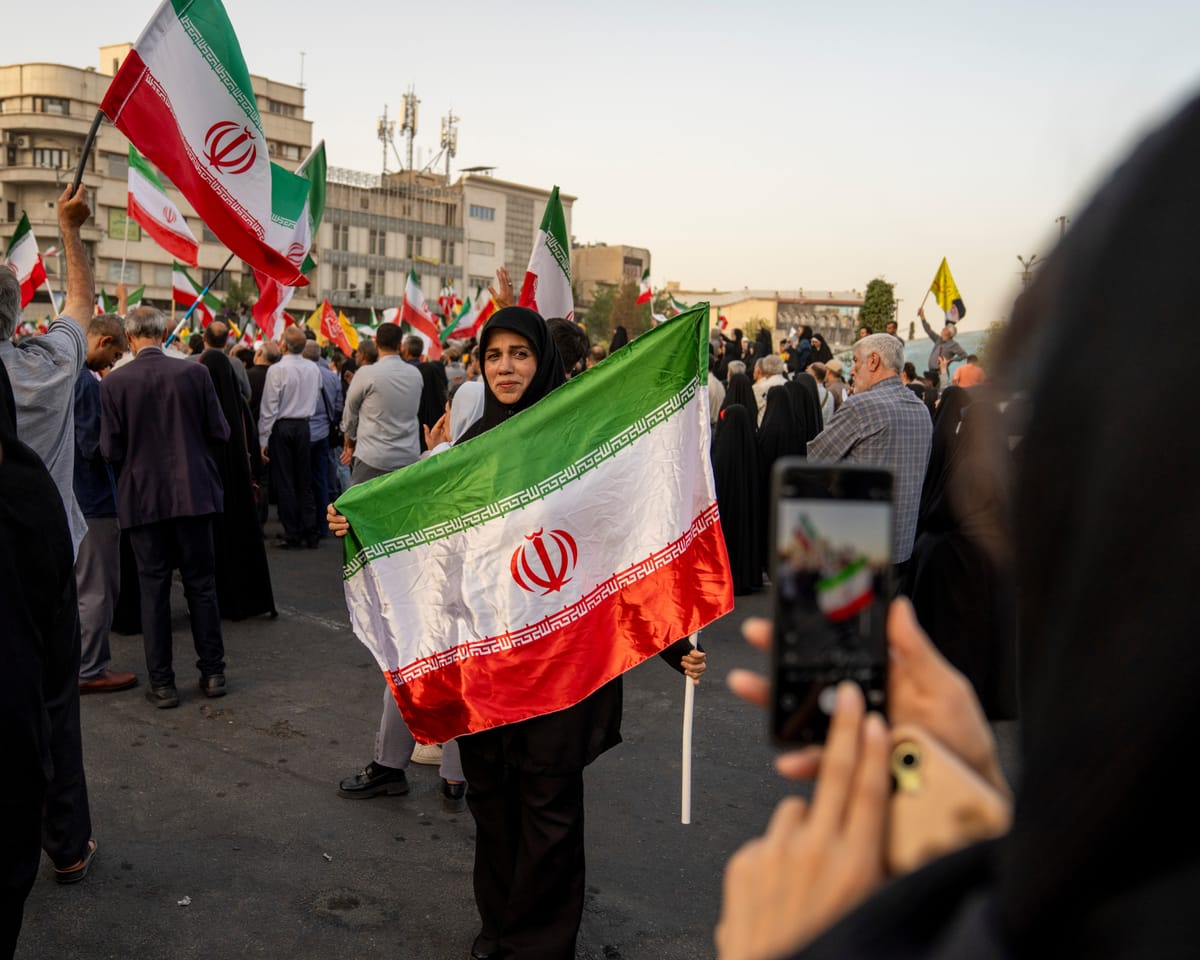Amid the wreckage of the Tehran residence once belonging to Iranian nuclear scientist Ahmadreza Zolfaghari, workers are clearing the debris left by Israel’s strike targeting Iran’s political, military, and scientific figures.
Zolfaghari had been associated with the Faculty of Nuclear Engineering at Shahid Beheshti University and served as the lead editor of a journal on nuclear energy, factors that made him a target. His body, along with those of his wife and adult son, was recovered from the ruins. The blast also destroyed three nearby buildings, claiming at least five more lives, including a child. A banner on one of the damaged structures reads: “A piece of Iran’s body.”
Workers navigate unstable remnants of the building, swinging sledgehammers to dismantle what remains. Fragments of masonry collapse, filling the air with dust. The precarious nature of their task—standing on groaning beams as they work—mirrors a nation still reeling, neither in peace nor war but in need of rebuilding.
Over a thousand Iranians were killed in the Israeli strike, and some analysts suggest a renewed sense of national identity has surfaced.
Tehran is visibly transforming, diverging from Western expectations. The absence of headscarves among women in public—now about a third—includes not just younger individuals but entire families. A proposed morality law by religious conservatives, who dominate parliament, was dismissed by reformist president Masoud Pezeshkian, who warned enforcement would provoke unrest.
The rejection has emboldened women. Police, once eager to detain those deemed improperly dressed, now often allow women to choose whether to wear a scarf. The lively evening streets, though polluted, evoke comparisons to Beirut as much as Kabul. Plans to permit women to ride motorcycles are underway, a shift observers link to Mahsa Amini, the Kurdish woman whose 2022 death in custody ignited nationwide protests.
Cultural analyst Nematollah Fazeli notes a potential societal shift. He describes an “everyday nationalism” reflected in renewed interest in epic poetry, history podcasts, and widespread discussions about Iranian identity.
“Before the conflict, we loved Iran, but it was subconscious,” Fazeli said. “Now, it defines public conversations. In cities and villages, people speak of their nation, identity, and history. We remind each other: we are Iranian.”
Read next

"Indonesia school collapse: rescue efforts conclude with 67 fatalities"
Search Ends After Indonesian School Collapse Leaves Dozens Dead
Indonesian rescuers concluded their search on Tuesday for victims trapped beneath the rubble of a collapsed Islamic boarding school in East Java, after recovering more than 60 bodies, authorities confirmed.
The tragedy in the town of Sidoarjo struck last week when

"French PM makes last-ditch effort to save government as crisis deepens – Europe updates"
France's Political Standoff Continues as Prime Minister Seeks Cross-Party Support
France remains at a political stalemate as the outgoing prime minister, Sébastien Lecornu, makes a final attempt to gather support from rival parties for a new government.
President Emmanuel Macron assigned Lecornu, 39, to form a government in

"Macron calls emergency talks with parties to swiftly pick new PM"
Emmanuel Macron has called upon the leaders of several political factions to his office, urging them to demonstrate "collective responsibility" as he seeks to appoint a new prime minister amid growing political turmoil.
All parties except Marine Le Pen’s far-right National Rally, the largest opposition group, and

